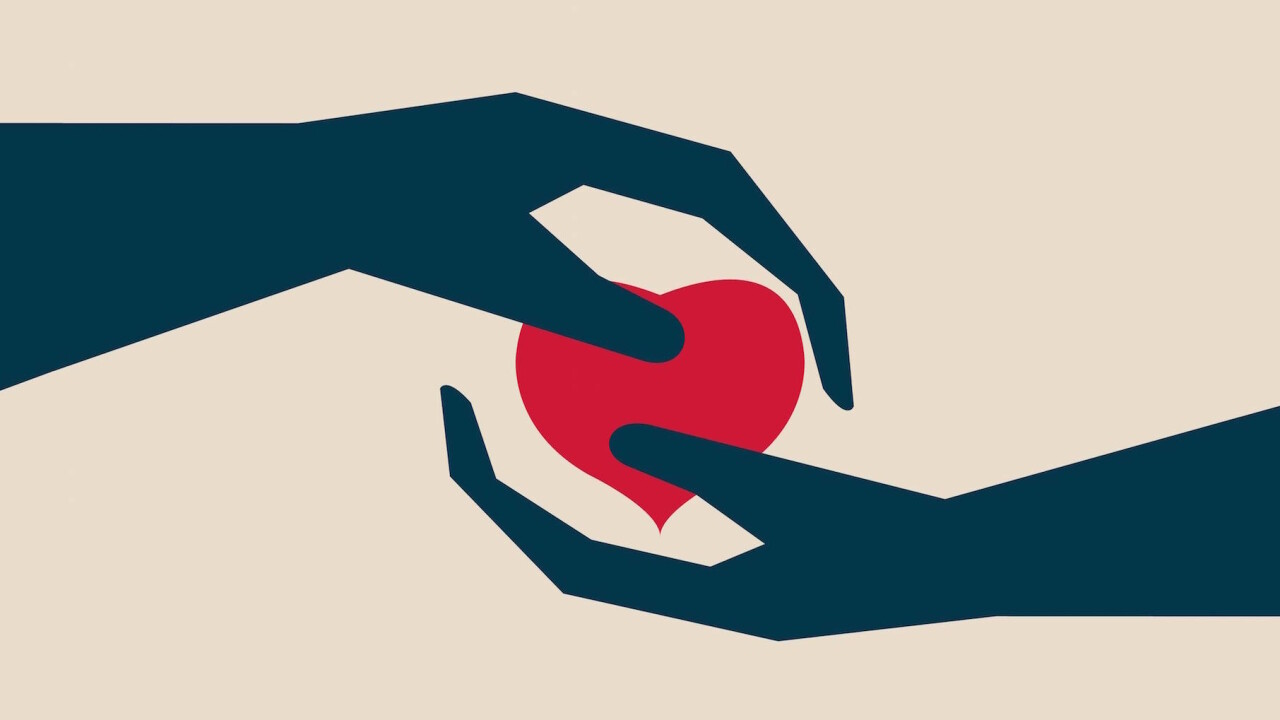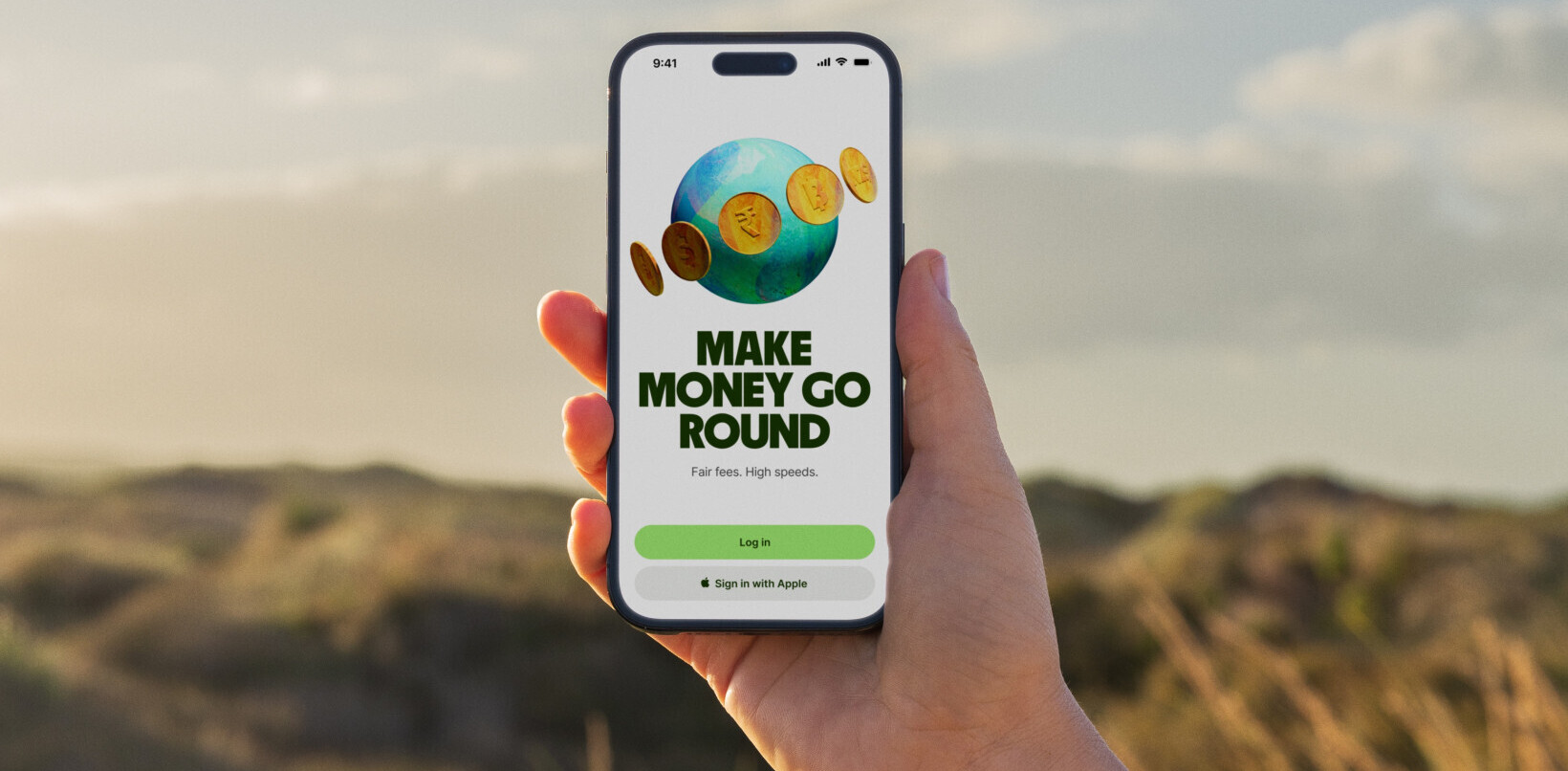
Social media gets a bad rap for distracting teens and inciting political trolling, but it can also be an immense tool for compassion.
A study this summer pointed out that over half of the money raised on GoFundMe was for medical expenses. If you’re on social media arguing about Obamacare, Trumpcare, or whatever Bernie is talking about, consider that we’ve donated over a billion dollars directly to individuals in need, and that’s just on one website.
When a hotdog vendor was accosted by police, for not having a license to vend, it seemed legit – until you saw the video where police go in his wallet and take his cash. His story went viral on social media and while a lot of people were using it as a lynch-pin for political arguments, others raised over $50,000 for him and his family.
Further examples include how the United Nations is turning to social media to spread the word about it’s #Withrefugees campaign. To help people who don’t have access to the internet, refugees in specific, UN workers are abandoning the traditional clipboard method of gathering signatures in favor of a selfie-booth system called the Simple Booth HALO and an online petition. Social media networks are crucial to UN efforts to help refugees.
In 2018 the UN will hold a general assembly to discuss providing aid for refugees. There are thousands of lives at stake, it’s a pretty big deal. So why on earth is the UN turning to social media for answers? We asked Elizabeth Marks, Director of Community Engagement for USA for UNHCR and Adam Swart, head of business development for Simple Booth why they were relying on social media.
Marks told TNW:
What we’re all about is getting people to have this sense of shared-responsbility, it’s up to everyone to get involved and help. Social media is the best way to raise awareness and the #Withrefugees campaign is about sharing that. Signing the petition will add your name to millions of others and that petition is going to the general assembly in 2018.
Swart from Simple Booth said:
That’s why we wanted to get involved, because we’re all about shared experiences. So the campaign really appeals to us. We’re able to provide these experiences that people can share, in a way that’s intuitive and comfortable for them.
These are more than just door-to-door charity requests or programs that ask you to donate a few cents a day to help children in need. The internet has given us a way to cut through the smoke and mirrors and contribute directly to a person or group of people in need – whether financially or by adding our voice to a chorus.
It’s easy to get caught up in the negatives – American healthcare is so messed up that we have to start GoFundMe pages to stay alive – or to dismiss the impact your name on a list might have on a refugee’s life. For many, however, the internet represents the resurgence of the good Samaritan and a community whereupon we can often depend upon the kindness of strangers.
Social media is only as meaningful as we make it.
Get the TNW newsletter
Get the most important tech news in your inbox each week.





